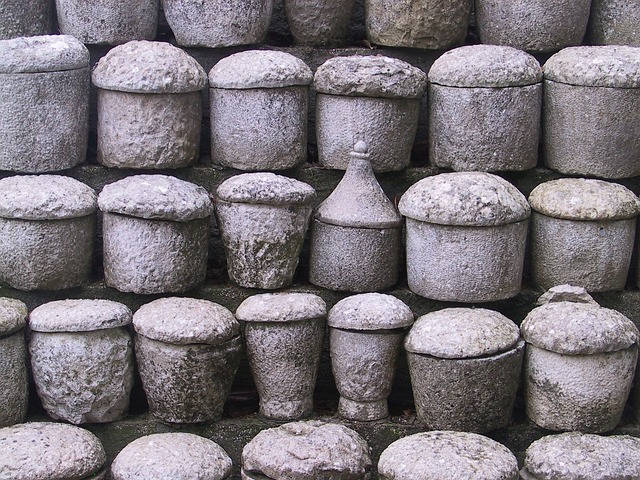6 FAQs About Embalming, Answered

Embalming is a process that preserves the body of someone who has died. Embalming is done to help families get through the grieving process, as well as to help preserve and restore dignity to the deceased.
There are many questions surrounding embalming, including what it entails and why it’s necessary. Here are some common FAQs about embalming and to become more informed, whether you’re holding burial or cremation services in Daytona Beach, FL.
1. What purpose does embalming serve?
Embalming is a cosmetic art form used to preserve a deceased individual’s body. The process involves cleaning and disinfecting the body, draining blood, and replacing it with embalming fluid. Embalming helps prevent discoloration, bloating, and bacterial growth on the skin’s surface.
It also reduces the rate of decomposition and can make the body look more lifelike. The embalming fluid contains a variety of preservatives, such as formaldehyde and alcohol, that help prevent bacteria from growing on or inside the body. Some funeral homes may offer an alternative to embalming in certain situations.
2. Is embalming necessary for cremation?
The answer is no. Embalming is not required for cremation, but it may be recommended by your funeral home. In some states, some laws require embalming when a body is being shipped to another state for cremation or burial.
Also, embalming is not required if you choose to scatter the ashes. You can select an alternative that meets your beliefs and wishes.
3. How long can embalming preserve a body?
The length of time that embalming lasts depends on many factors. The most important is whether the body is embalmed correctly and with the right chemicals. If it’s not done correctly, the effects of embalming may wear off sooner than expected.
However, if you choose a funeral home specializing in embalming bodies, your loved one will be prepared according to industry standards and regulations.
4. Who is authorized to make the decision?
In most states, the person with legal authority to make decisions on behalf of a deceased person is called a personal representative. This can be an executor or administrator (if there’s a will) or a guardian for minors or incapacitated adults. If someone dies without having made any known wishes about what should happen with their body after death, then it falls to the next of kin.
5. Is it possible to embalm a body that has been autopsied?

Yes, but there are some critical considerations. Autopsies can reveal necessary information about the cause of death, but they also leave behind minor marks on the body. Embalming fluid is typically used to clean these marks away before the funeral service takes place. If you want your loved one’s remains to be embalmed and viewed by others, then make sure that their wishes were respected when they were autopsied.
6. Is there a religious or cultural taboo against embalming bodies?
Yes, and the laws in some states recognize this. If you are a member of a religious group that forbids embalming, or if you want to have cremation services in Daytona Beach, FL, according to your faith, then it’s essential to find out your options. Your funeral director should be able to guide you through the steps necessary to ensure that your wishes are respected after death.
